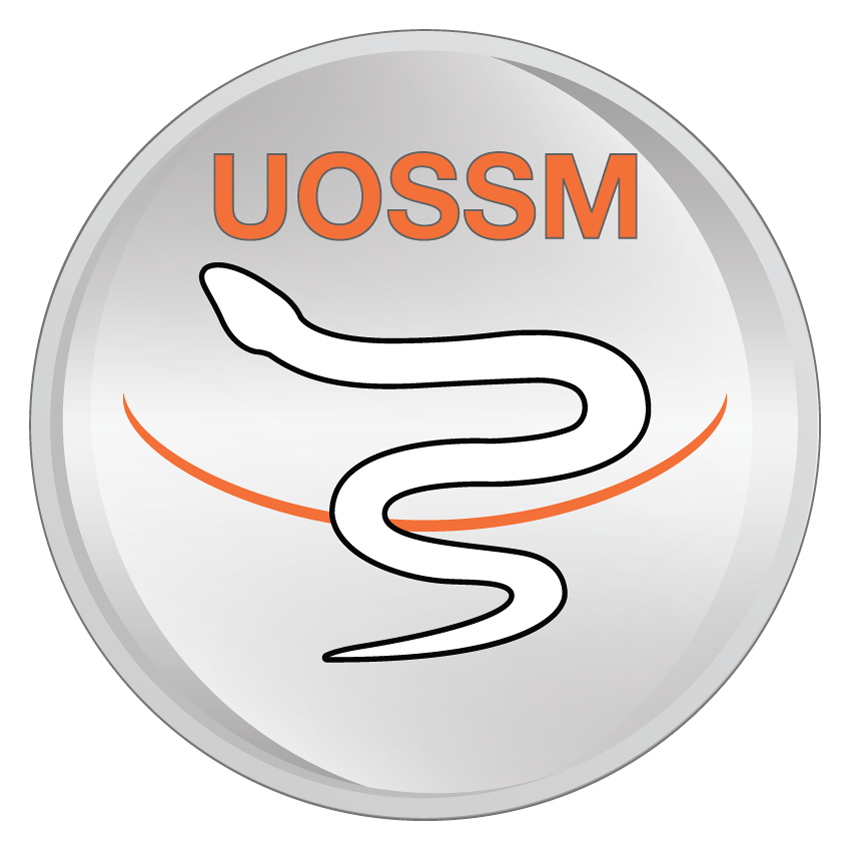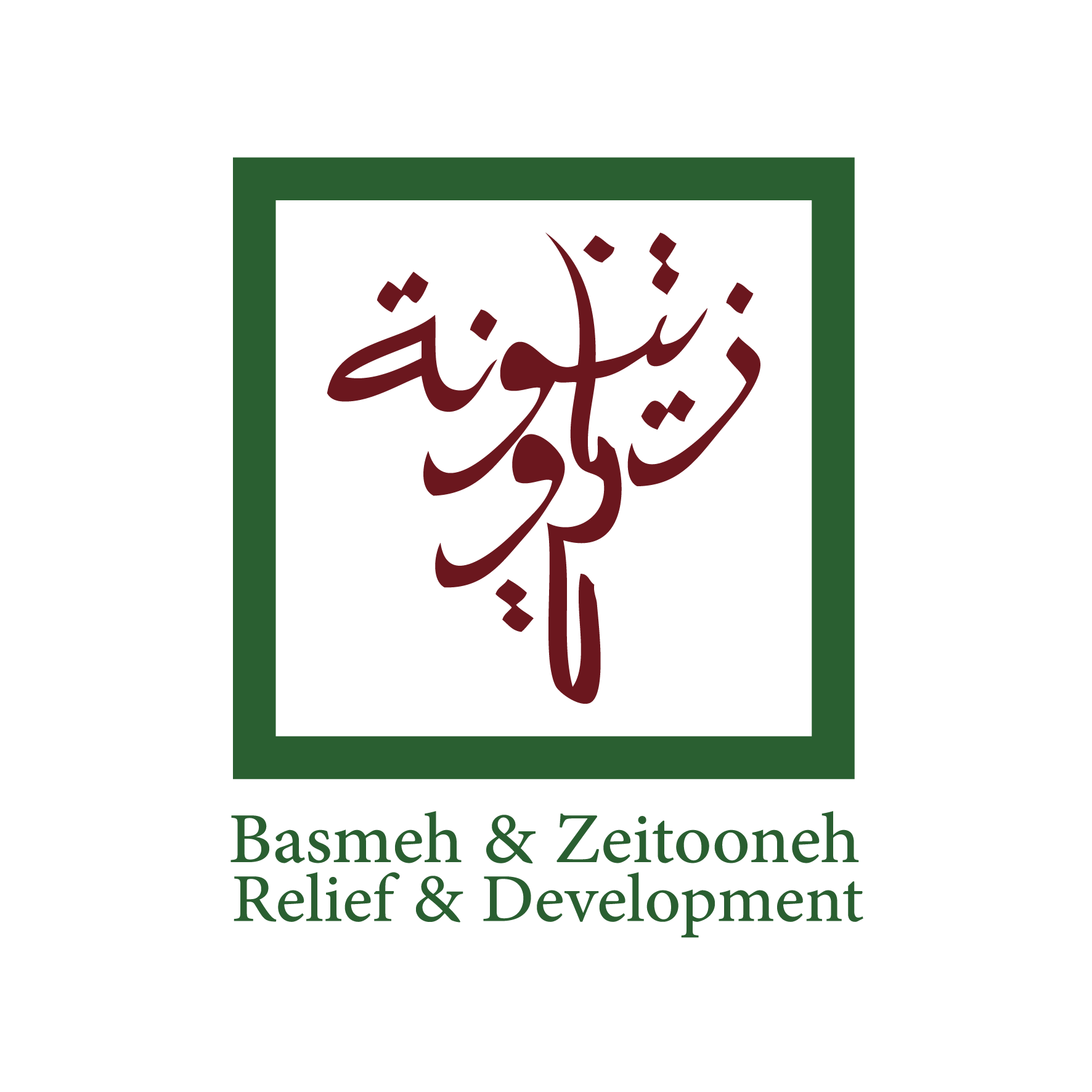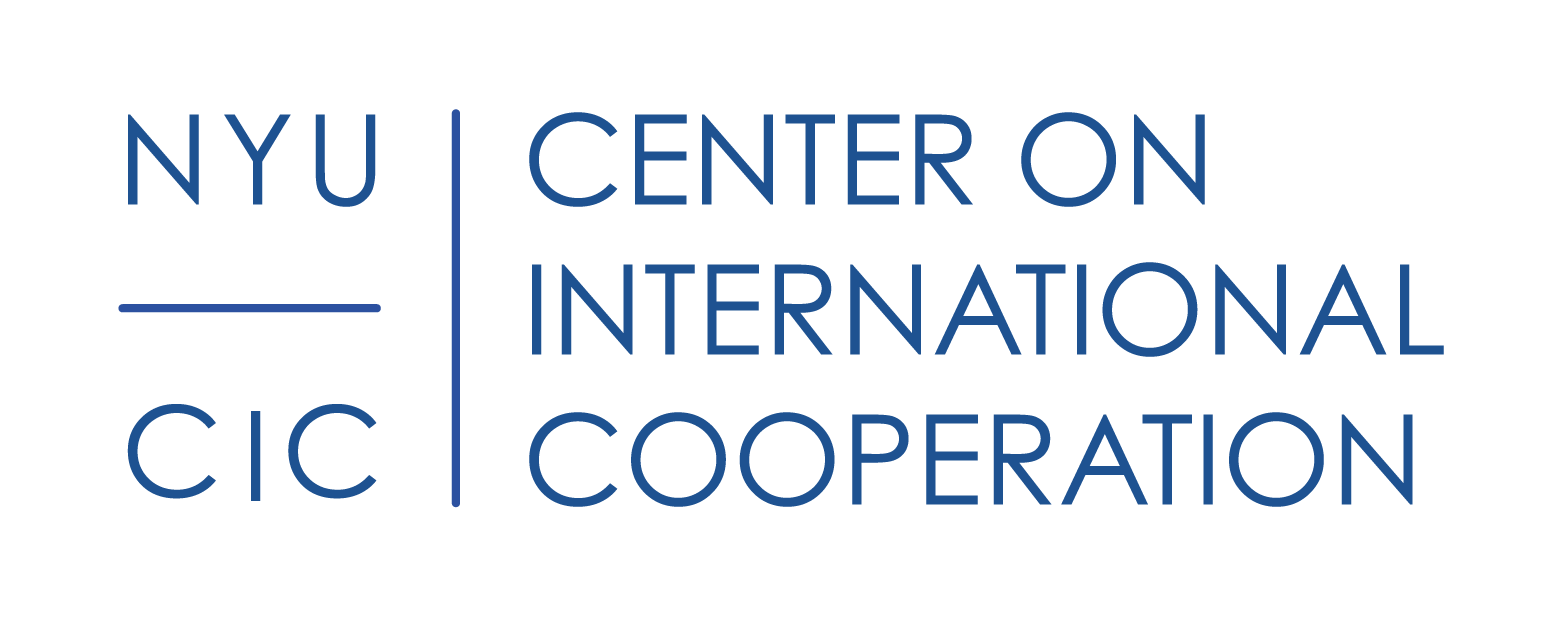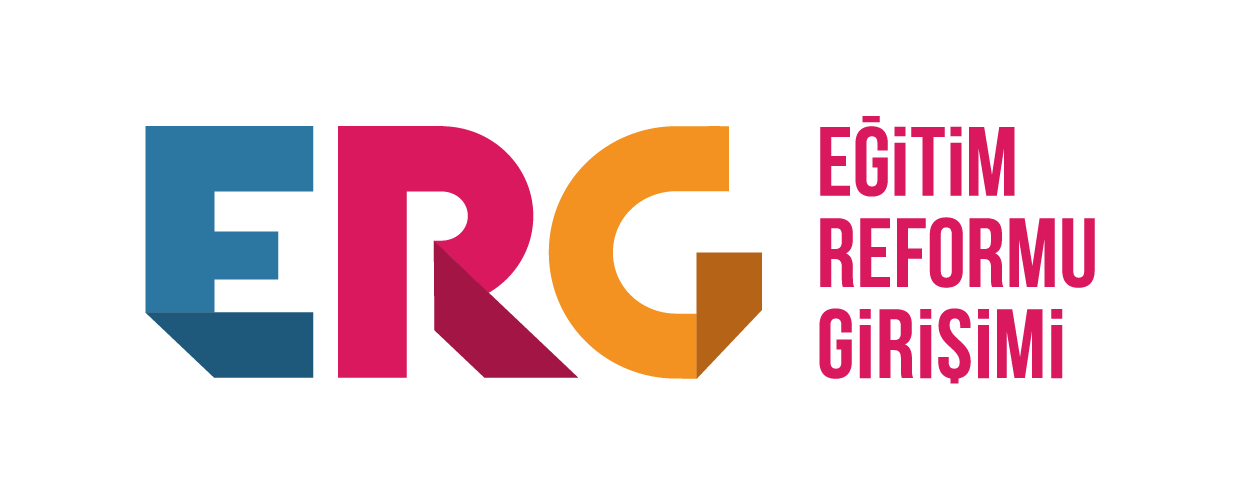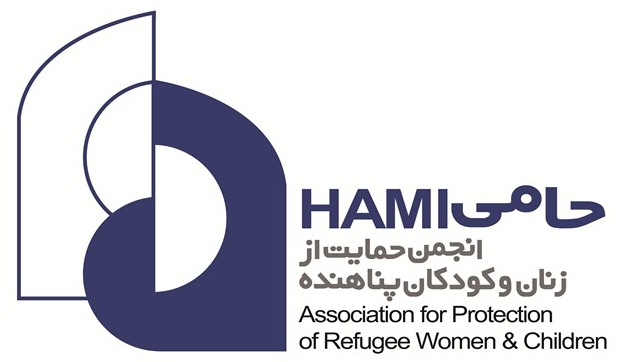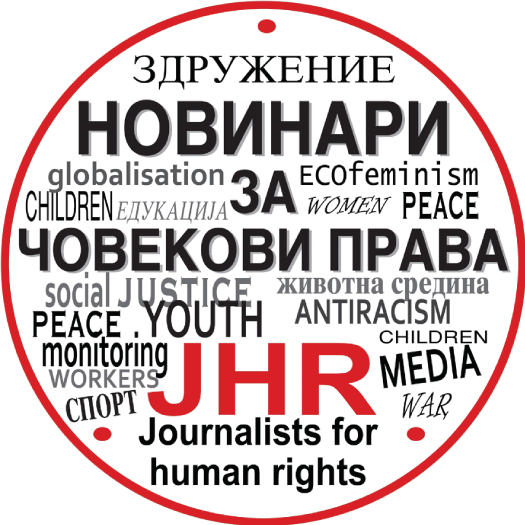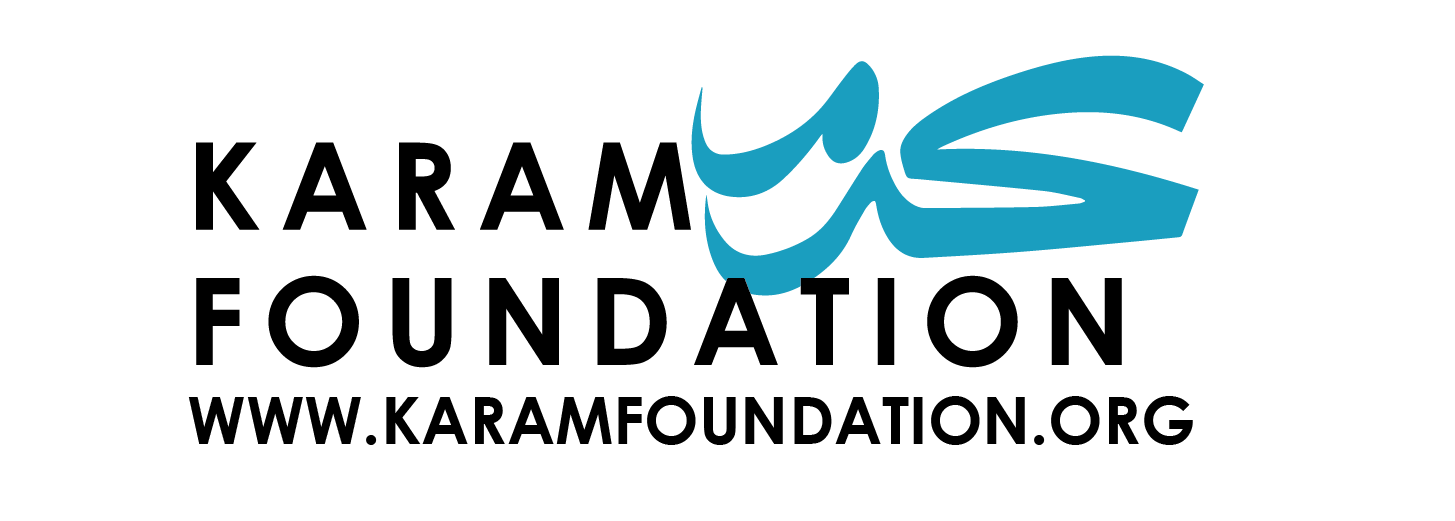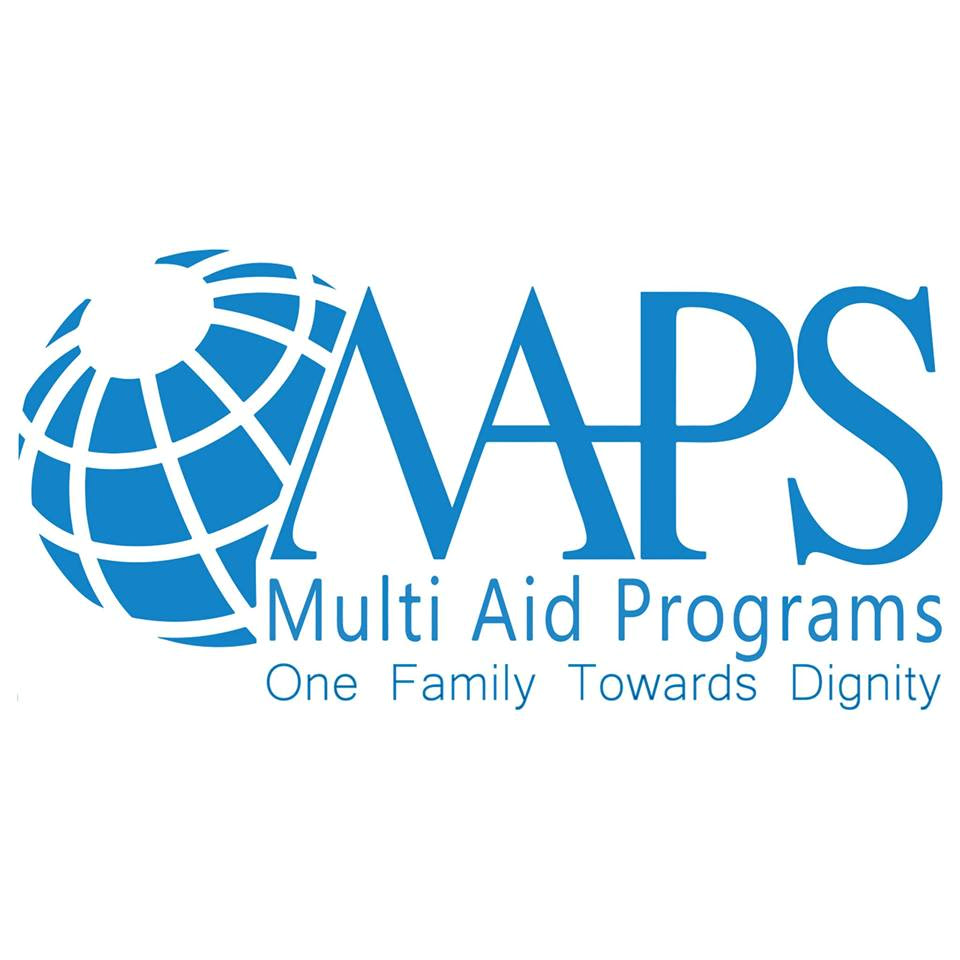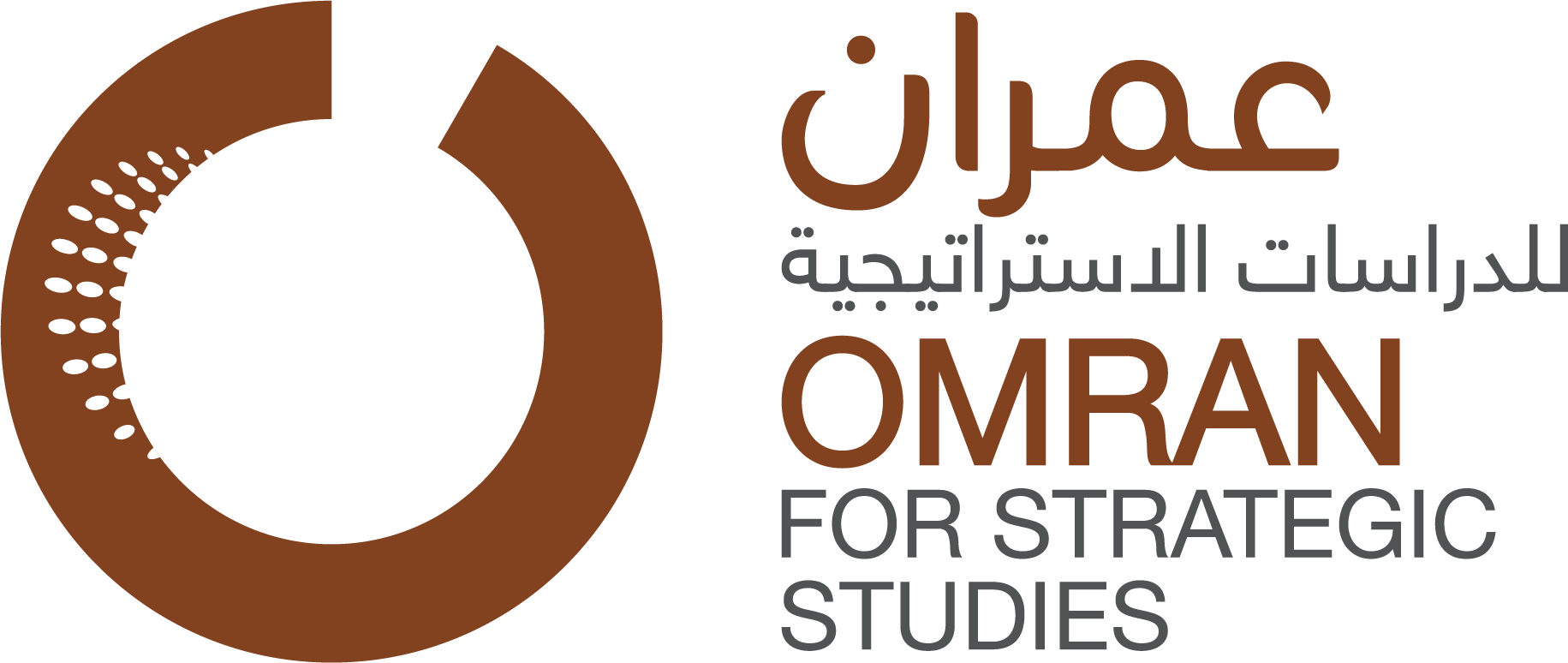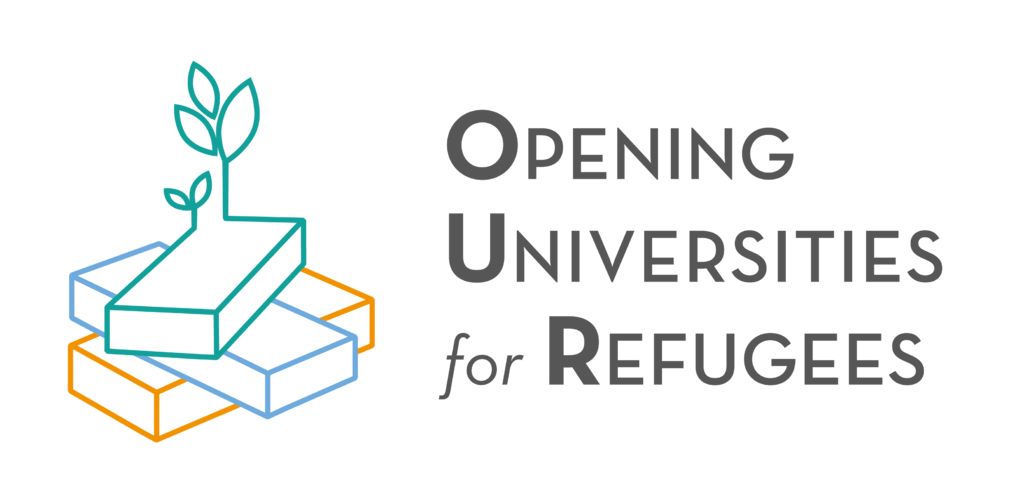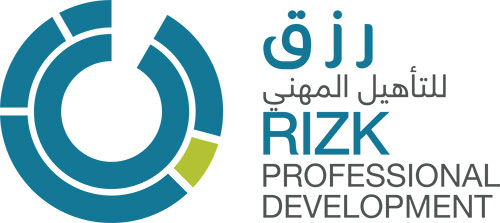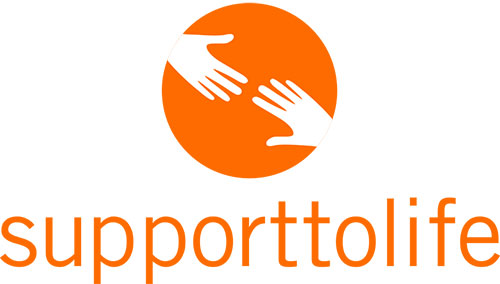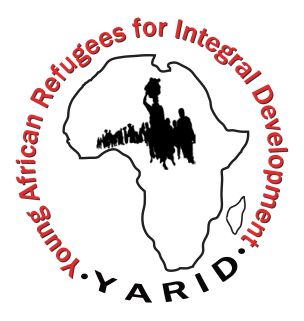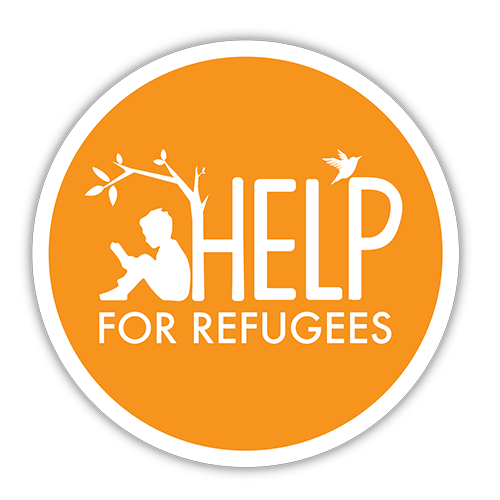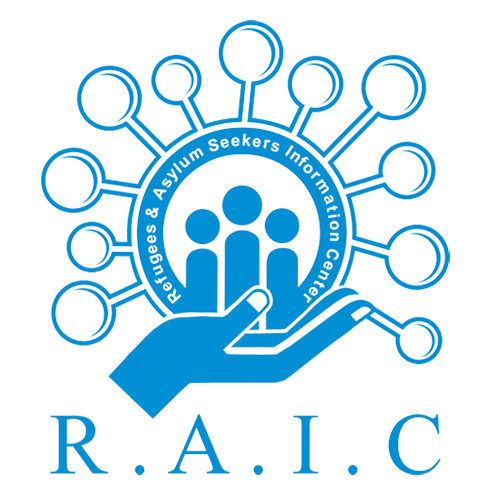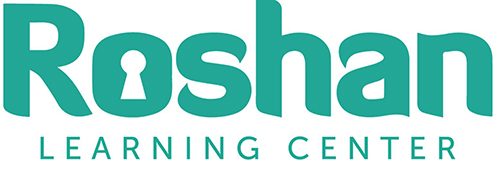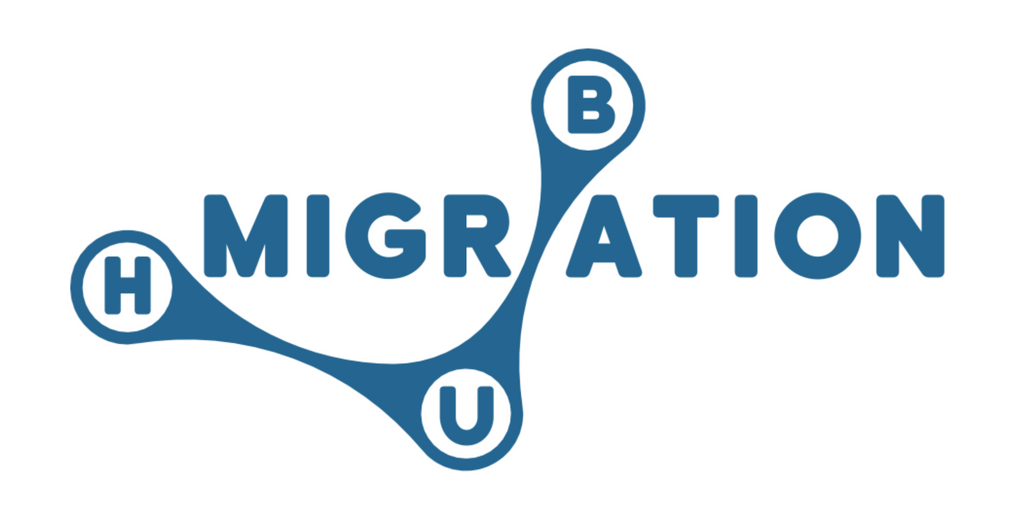Ensuring refugees’ access to public services such as social security, education and housing, as well as to labor markets, is a point of consensus within the international community. This is critical to fulfilling basic rights and survival needs of refugees, ensuring life with dignity and enabling refugees to integrate effectively into host societies. Nevertheless, refugees are often either denied these services or find their access limited. Among others, the quality and availability of service delivery is impacted by a refugee protection system that, by and large, relies on a relatively small number of lower and middle income countries to host large refugee populations, often for many years. Many of these countries have limited fiscal resources and struggle to provide services to their own citizens even prior to the arrival of refugees.
Policy changes are needed, both to ensure a more equitable division of responsibility amongst states, as well as to improve access to services for refugees in the immediate and longer-terms.
Policy Recommendations
The policy paper developed by the Access to Services Working Group puts forward realistic policy solutions which aim to meet immediate needs (such as food and shelter) as well as longer-term needs for employment, sustainable livelihoods and self-reliance for refugees and host communities alike. It re-assesses which actors bear responsibility and re-thinks how states and relevant stakeholders can provide access to and fulfillment of basic needs.
You can access the policy paper here.
You can access the background paper for the Access to Services Working Group here.
Working group members
The policy recommendations developed by the Access to Services Working Group are based on inputs from 27 organizations, including ten refugee-led organizations and seventeen national organizations from thirteen countries: Uganda, Lebanon, Turkey, Pakistan, Iran, Indonesia, Singapore, Sudan, Germany, Nigeria, Macedonia, the United Kingdom, and the United States. The following organizations participated in the policy development process:
